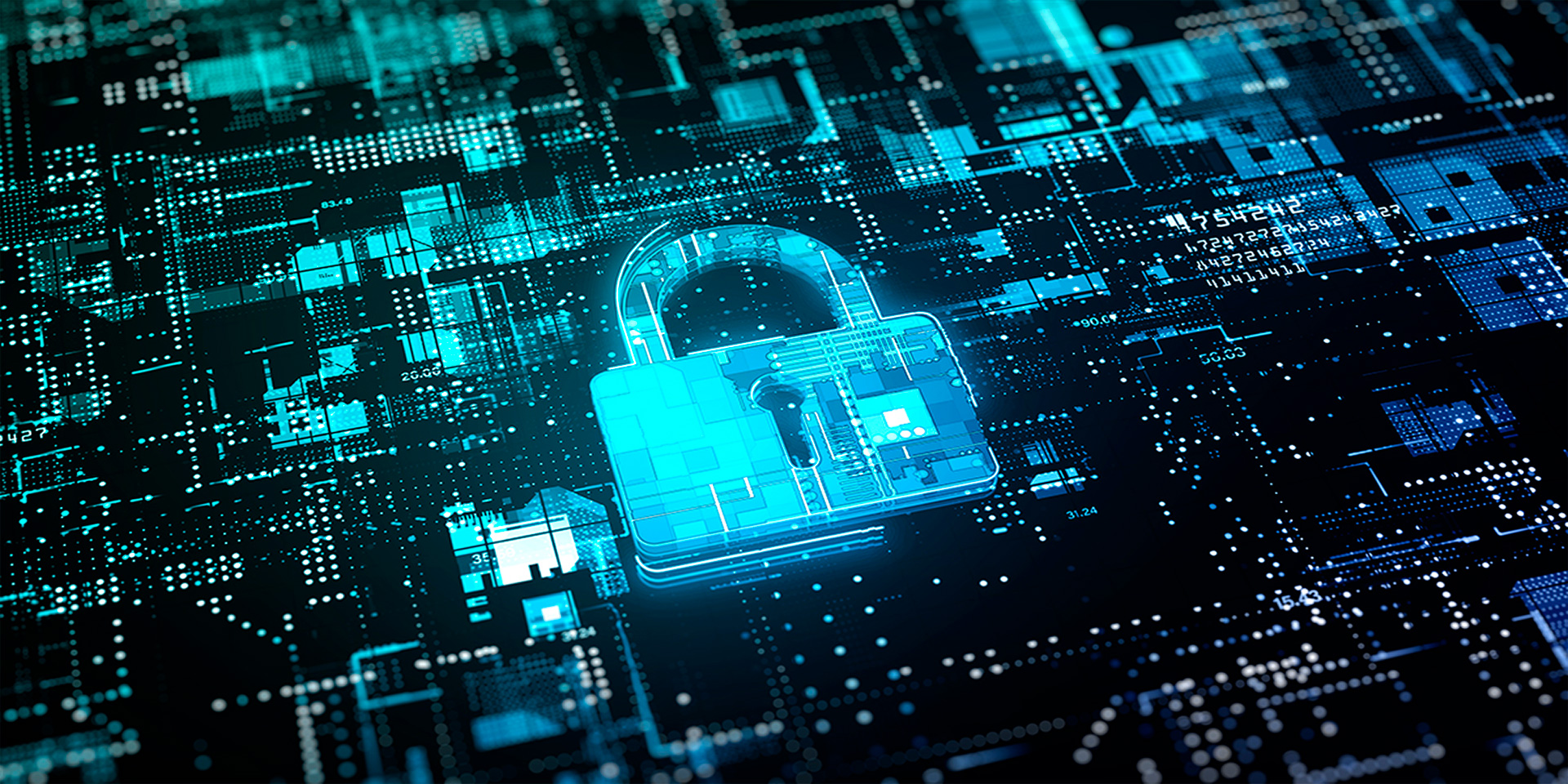Data Encryption: What It Is and Why It Matters
4 min read
In today’s digital age, protecting personal and sensitive information from unauthorized access is more important than ever. Encryption is one of the most effective tools for safeguarding data, ensuring that it remains secure and private. This article provides an overview of encryption, explains how it works, and discusses its significance in securing communications and sensitive information. Additionally, it covers different types of encryption, such as end-to-end encryption for messaging apps and file encryption for sensitive documents.
Understanding Encryption
Encryption is the process of converting data into a coded format that can only be read by someone who has the decryption key. This ensures that even if unauthorized individuals gain access to the encrypted data, they will not be able to understand it without the key. Encryption is used to protect various types of data, including emails, messages, files, and online transactions, from being intercepted and read by cybercriminals or unauthorized parties.
The concept of encryption is not new; it has been used for centuries to protect sensitive information. In the digital world, encryption is implemented through complex algorithms that scramble data, making it unreadable to anyone who does not have the decryption key. This process is crucial for maintaining the confidentiality and integrity of information transmitted over the internet or stored on electronic devices.

How Encryption Works
Encryption works by using algorithms to convert plain text data into ciphertext. This ciphertext can only be decrypted and converted back into readable plain text using a specific decryption key. There are two main types of encryption: symmetric and asymmetric.
Symmetric encryption uses a single key for both encryption and decryption. This means that the same key must be shared between the sender and the recipient to encrypt and decrypt the data. While symmetric encryption is faster and more efficient, it requires a secure method for sharing the key between parties, which can be a challenge.
Asymmetric encryption, on the other hand, uses a pair of keys: a public key and a private key. The public key is used to encrypt the data, while the private key is used to decrypt it. This eliminates the need for key sharing, as the public key can be freely distributed, and only the recipient with the private key can decrypt the data. Asymmetric encryption is more secure but also more computationally intensive.
The Importance of Encryption
Encryption plays a vital role in protecting sensitive information from unauthorized access and ensuring privacy. Here are some key reasons why encryption is important:
First, encryption safeguards personal and financial information. When you make online purchases, transfer money, or access your bank account, encryption ensures that your financial data remains secure. Without encryption, this information could be intercepted by cybercriminals, leading to identity theft and financial loss.
Second, encryption protects confidential communications. Whether you’re sending an email, a message, or making a video call, encryption ensures that only the intended recipient can access the content. This is particularly important for businesses that need to protect sensitive information, such as trade secrets and client communications.
Third, encryption ensures data integrity. When data is encrypted, it cannot be tampered with or altered without detection. This helps to maintain the accuracy and reliability of information, which is crucial for various applications, including legal documents and medical records.
Types of Encryption
There are different types of encryption used for various purposes. Here are two common types:
End-to-End Encryption: This type of encryption is used to secure communications between two parties, ensuring that only the sender and recipient can read the messages. End-to-end encryption is commonly used in messaging apps such as WhatsApp, Signal, and iMessage. When you send a message using end-to-end encryption, it is encrypted on your device and remains encrypted until it reaches the recipient’s device, where it is decrypted. This means that even the service provider cannot access the content of your messages.
File Encryption: This type of encryption is used to protect sensitive documents and files stored on your device or in the cloud. File encryption ensures that even if someone gains access to your storage, they cannot read the files without the decryption key. Many operating systems and applications offer built-in file encryption features, allowing you to encrypt specific files or entire folders. Additionally, there are third-party software solutions available for encrypting files and managing encryption keys.
Implementing Encryption in Everyday Life
Implementing encryption in your daily activities can significantly enhance your data security and privacy. Here are some practical steps you can take:
Use encrypted messaging apps for your communications. Apps like WhatsApp, Signal, and iMessage provide end-to-end encryption, ensuring that your messages remain private.
Enable encryption on your devices. Most smartphones, tablets, and computers offer built-in encryption features that you can enable in the settings. This protects your data if your device is lost or stolen.
Encrypt sensitive files and documents. Use file encryption software to protect important files on your computer or in the cloud. This ensures that even if someone gains access to your storage, they cannot read the files without the decryption key.
Use secure connections when browsing the internet. Look for “https://” at the beginning of the URL and a padlock icon in the browser’s address bar. This indicates that the website uses encryption to protect the data transmitted between your browser and the website.
Conclusion
Encryption is a powerful tool for protecting your data from unauthorized access and ensuring privacy. By understanding how encryption works and its importance, you can take steps to secure your communications and sensitive information. Whether it’s using end-to-end encryption for messaging apps, enabling device encryption, or encrypting sensitive files, implementing encryption in your daily activities is essential for safeguarding your data in the digital age.
By adopting these practices, you can enhance your online security and enjoy greater peace of mind knowing that your personal and sensitive information is protected. In a world where cyber threats are constantly evolving, encryption remains a fundamental aspect of data protection and privacy.



